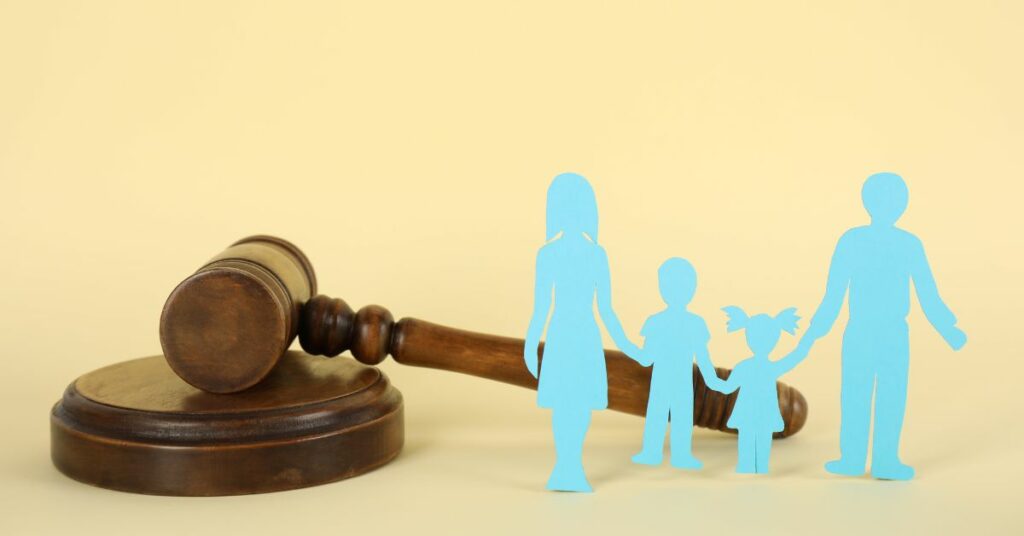Divorce is a challenging process, and when children are involved, one of the most critical and emotionally charged aspects is determining child custody. During a divorce and child custody battle, it’s easy to get overwhelmed by the legal complexities and emotional turmoil. However, keeping your child’s best interests at the forefront of your decision-making can guide you through this difficult journey.
Seek legal counsel, communicate with the other parent, and remember that your child’s well-being should ultimately be the shared goal. This blog post aims to provide valuable insights into child custody during divorce, ensuring you are well informed and better prepared for this significant life transition.
Types of Child Custody
To start, it’s essential to understand the different types of child custody arrangements:
- Sole Custody: In this arrangement, one parent has full legal and physical custody of the child.
- Joint Custody: Joint custody can be either legal or physical. Legal joint custody means both parents share decision-making authority, while physical joint custody means the child splits their time between both parent’s homes.
- Legal Custody involves decision-making power over the child’s education, healthcare, and other significant life choices.
- Physical Custody: Physical custody refers to where the child resides.
Each of these custody types comes with its responsibilities and implications. The right choice depends on your specific circumstances and what is in the child’s best interest.
Legal Standards for Child Custody
Courts consider several factors when making custody decisions, including:
- The child’s age, health, and emotional well-being.
- Each parent’s ability to provide a stable and loving environment.
- The child’s relationship with each parent.
- Any history of domestic violence, substance abuse, or neglect.
Understanding these standards will help you make a compelling case for your desired custody arrangement.
Common Child Custody Issues
Child custody battles often involve several common issues:
- Relocation: When one parent wishes to move, this can complicate custody arrangements. Legal advice is crucial in such cases.
- Visitation Rights: Determining visitation schedules is often contentious. Creating a plan that respects the child’s need for time with both parents is vital.
- Modifications: Circumstances can change, and custody orders may need to be modified. Seeking legal counsel can help in these situations.
The Child’s Best Interests
Courts prioritize the child’s best interests when making custody decisions. Understanding how these interests are defined and aligning your arguments with them is essential. Factors considered in a child’s best interests include stability, emotional well-being, and safety.
Co-Parenting and Communication
Effective co-parenting and open communication are crucial for your child’s well-being. Putting your differences aside and working together to make decisions in your child’s best interest can significantly reduce the emotional toll on the child.
The Role of a Divorce Lawyer
Hiring qualified divorce lawyers in Sydney is a wise decision in child custody battles. Your lawyer can represent your interests, help you navigate complex legal procedures, and ensure that you follow the correct legal path.
Understanding the various types of custody, legal standards, and the child’s best interests is the first step in ensuring your child’s future is as stable and positive as possible. While it won’t make the process easy, it will help you make the best decisions for your children in this challenging time.
- Third Sectorhttps://thirdsector.com.au/author/tsm/
- Third Sectorhttps://thirdsector.com.au/author/tsm/
- Third Sectorhttps://thirdsector.com.au/author/tsm/
- Third Sectorhttps://thirdsector.com.au/author/tsm/











